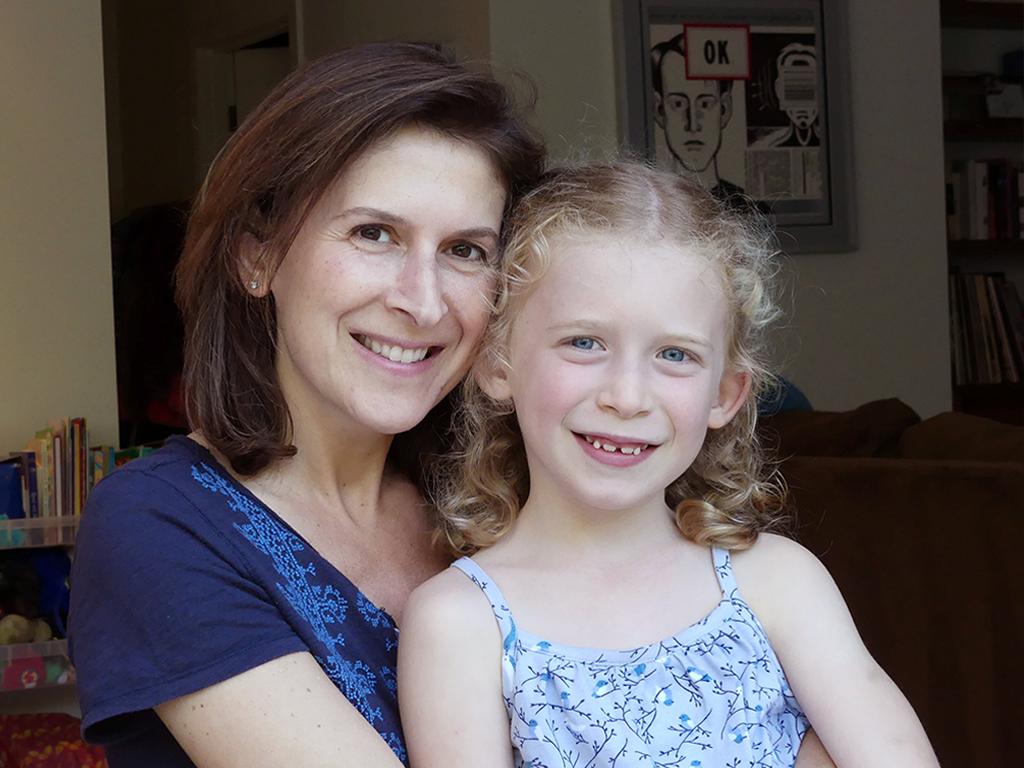Since Trump's election, so many awful things have happened that it's hard to keep track of them all. Each day is a fresh new hell and I want to crawl under the covers instead of facing reality. Whenever I feel especially hopeless (which is often), I remind myself of how important it is to show up, put in the work, and never stop trying to make the world a better place. If we don't do it, who the fuck will? Protest, vote, attend local city council meetings, and get to know the people in your community. If you need a reminder of how important it is to get involved instead of giving up, you need to watch "The Most Dangerous Year."
Quick Summary:
A group of parents, including the filmmaker, band together in Washington state to protect their children from anti-transgender bathroom bills.
Vibe:
This film is very much an educational documentary. I can easily picture teachers showing it to kids of all ages to teach them about gender identity and discrimination, although it's equally suitable for adults. It packs a lot of facts into 90 minutes but keeps the audience engaged by interweaving them with personal stories. You'll learn a lot but you'll never feel bored.
Best time to watch:
Right now. Cheeto loves to slowly chip away at our civil liberties by distracting us with bullshit and then going for the jugular as soon as attention is diverted. In order to fight apathy, we must stay informed and pissed as hell.
Worst time to watch:
There's no worst time. Stop mindlessly scrolling through Instagram and pay attention to something that matters.
Where to watch:
"The Most Dangerous Year" is currently streaming on Kanopy or via a Doc Club free trial on Amazon Prime.
I am admittedly super behind on a bunch of things but couldn't pass up the opportunity to talk with Vlada Knowlton about "The Most Dangerous Year." It's carefully constructed, personal, and full of love and hope.
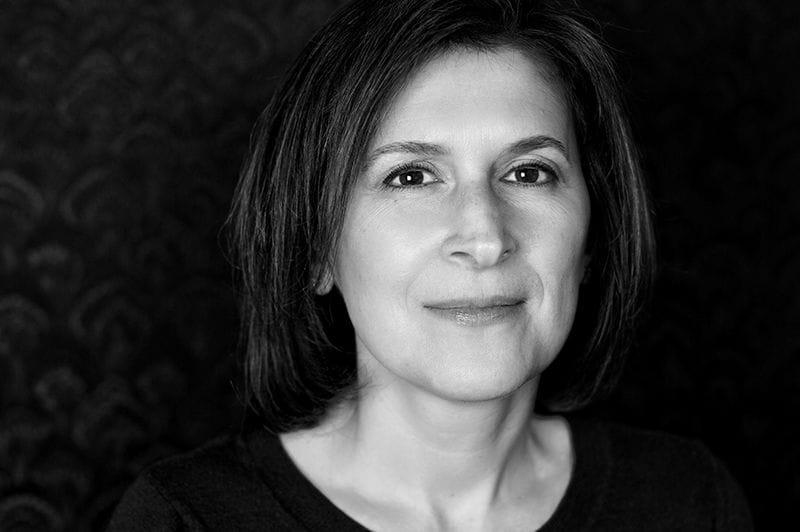
Interview with Vlada Knowlton
Woman in Revolt: I just watched the film last night and it made me angry, but I thought you did a great job of humanizing and framing the issues, bringing in policy, and discussing topics like gender identity. How did you decide how to structure the film?
Vlada Knowlton: There were so many different complex elements that I had to figure how to include and determining the structure was difficult. I luckily have a foundation in screenwriting and filmmaking, which made the process easier. I started out initially by defining the political story as the main thread. I knew I was going to follow the bills in the senate and SB 6443, the one bill that actually made it through the senate. Then once SB 6443 failed, it transitioned (no pun intended) into the ballot initiative.
On top of that, I knew I needed to add some layers of the very important personal story I was telling. First of all, my own journey with my daughter and the other families that were involved in the fight with us against this anti-trans legislation. I also knew I needed to blend in some of the science and the civil rights aspect. I definitely stuck to what I know about screenplay structure to make sure it didn't leave the audience lost.
You're a big part of the film. You show up onscreen a few times and your voice is heard throughout. It made sense to me that you were included because it is such a personal story and your presence allowed you to be upfront about your own biases. How did you make this choice?
I didn't initially want to put myself in the story. As the filmmaker, I generally like to stay in the background and have no desire to be in front of the camera. For this particular story, I was faced with this concern that I'm making a film about a sensitive subject. In our world, it's a huge risk for families of trans kids to be public, for any trans people, really... There's still so much hostility. For me to ask other families to get involved while sheltering my own just didn't feel right.
You have to speak up and be visible when you're fighting for human rights. I thought it would be inauthentic if I wasn't also willing to put myself and my child out there.
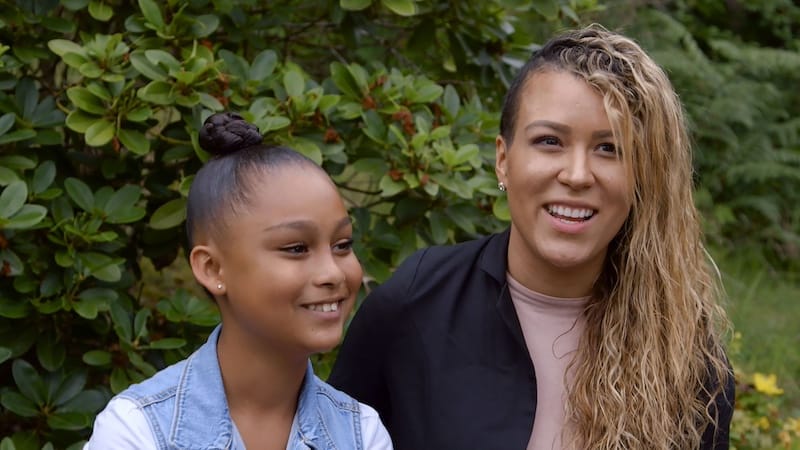
It was a smart decision. You obviously didn't create an objective film (how could you?) but you made your own bias and involvement immediately clear.
There's really no such thing as a story without a bias. Every documentary has a thesis. Every filmmaker who tells a story approaches it with a specific view. It kind of felt like a no-win situation, so I thought the best policy was just to be honest from the beginning.
You do give voice to some of the naysayers and detractors. At times, you push back and challenge them a little bit on their ideas but remain relatively levelheaded. How do you avoid screaming at them?
It takes some willpower! I knew I needed to get the job done and remain professional. As a parent, it's difficult to talk to other people who don't necessarily understand that your child is a human being who deserves all the same rights and protections as everyone else. In order to make as good a film as possible, I felt it necessary to give the people who were against trans rights the opportunity to speak in their own voices and present their best possible arguments. I wanted to give the audience some type of counterpoint so that they could make their own judgements.
Did you see any minds start to change throughout the process? Have you found any strategy or fact particularly effective when trying to appeal to people who are more close-minded?
There are certainly some people that are never going to change their minds on this issue. They're too invested in a particular point of view when it comes to trans people and the film is obviously not for them. I certainly have seen some people who are on the fence and just don't have enough knowledge and information to make an informed decision.
I've seen people who come from the extreme conservative right and end up changing their minds. Mostly, I think it happens when they meet real people. Having a personal connection for the first time and talking to a trans person helps. For those without any trans people in their lives, I think films like this give them that necessary exposure. Movies are really important and a great way to help people develop empathy for those they may not often encounter.
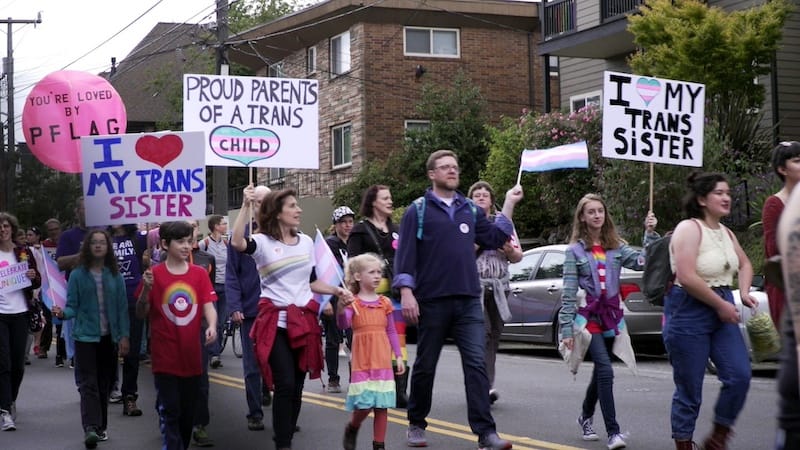
Aiden Key [a trans educator and community organizer] makes some good points about people who oppose trans rights. He says that they aren't necessarily bad people, they just don't have the personal history or experience to truly understand what's happening. Adopting that attitude feels like a good way to remain calm when people make comments that are difficult to stomach.
It's really a matter of having a little bit of experience with it. I get that it's hard for people to understand what it's like to have a transgender child or to grasp the pain of being misgendered and misunderstood by others. One of the things I try to show in this film is that parents of trans kids are just like any other parents. We love our kids and want what's best for them. To watch your child suffer without trying to help is just not what a parent does.
Aiden is very patient with people, which is why he's such a great educator and hired by schools all around the country to help people understand these issues. I was excited to have him involved with the film.
Were most of the people in the film friends prior to beginning the filmmaking process?
Yes, I knew these people before I started shooting. There wasn't much time to prepare. There was no grand plan here and I had a very short pre-production period... there almost wasn't even pre-production. I found out these terrible bills were coming our way and during a conversation with Aiden, realized that no one was going to document it and that it was a story that needed to be told. I picked up my camera, got Lulu Gargiulo (my DP) to pick up her camera, and started shooting. I called people I knew and got them on board. Understandably, a lot of families didn't want to be involved... It's a big risk.
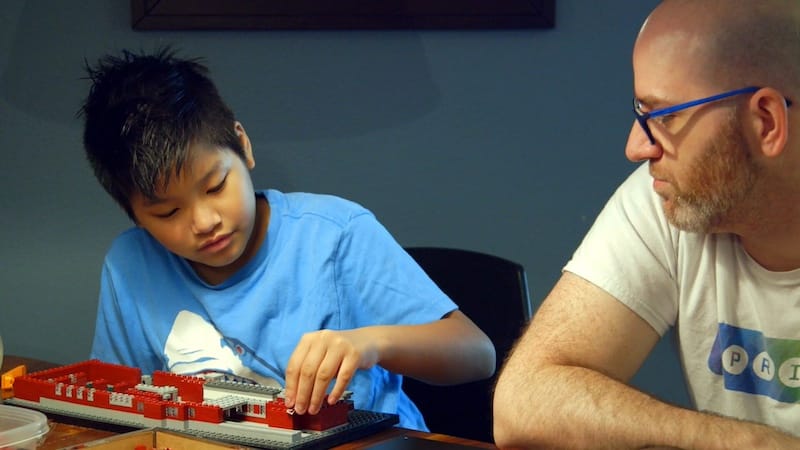
How did you finance the film? Since everything happened so quickly I imagine there wasn't much time for fundraising.
I tried to do a little bit of fundraising, but I didn't have the time or resources for a big crowdsourcing campaign. We had a great supporter here in Seattle, the Northwest Film Forum. It's a great resource for local filmmakers. They took my project on for fiscal sponsorship, which allowed me to get under their 501(c)(3) umbrella. I let people know through our Facebook page that we were trying to raise money for this project. The majority of it (~80%) was covered by me and my husband through our small production company [Marymoor].
Do you have any type of educational agreement in the works? I would love to see this film shown in classrooms.
Oh yeah! We have an educational distributor already, Collective Eye. This part has actually already begun, so any universities, schools, and nonprofit institutions can get the film — either a screening license or a DVD.
So often I feel like the infographics used in documentaries are completely throwaway and just there to fill space. Yours were different, though. There were some really impactful graphics, especially during the discussion of sex chromosomes, that made it easier to understand the discussion. Who was responsible for those?
We wanted to figure out how to illustrate the information in a simple way without getting too science-y. I had a great animator, Dawn Norton, who created all of those graphics. The concepts are not that difficult, and the science/research is all there and taking us to a new level of understanding about gender and sex. Not enough people have learned about it yet and I think it's important for them to learn about those concepts.
All of the films I've seen that focus on the trans community are centered around adults and very often, end in depressing ways. Your film focuses on kids and shows how much different it is to grow up openly as trans in a supportive environment. The research and statistics on childhood development that you chose to include made me feel hopeful.
When we keep trans kids hidden, people won't be able to understand that trans adults actually were once trans kids. You don't all of a sudden decide to be transgender just like you don't decide to be cisgender. You're born that way! Just like you're born left-handed or right-handed. These people are the way they are their entire lives. It's important for people to understand that all kids, not just trans kids, are aware of their gender around 2-4 years old. When you suppress or deny a child's core identity, that causes some major damage to them. To tell them that you don't believe they are who they say they are isn't helpful. Waiting until a later time as a child is growing up can often be too late and you can cause a lot of trauma by not supporting them. This is a human issue, not just a trans issue. We all need to start having that conversation.
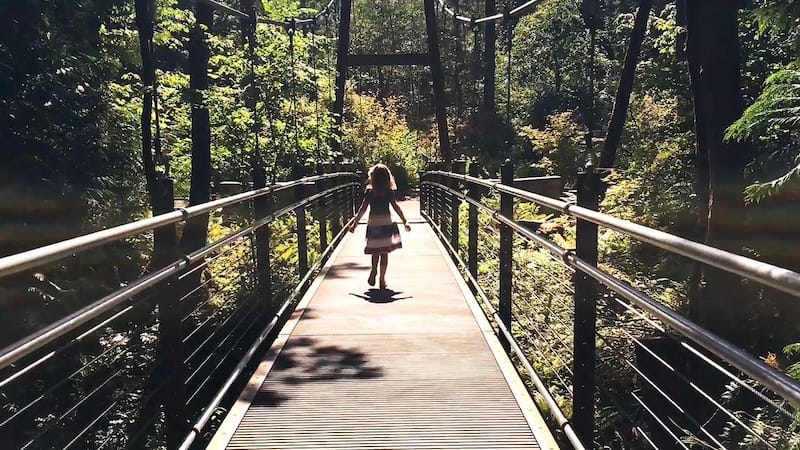
I'm so happy this film exists. I'm not one of those people who thinks all kids are cute, but your daughter is a delight. Does she still want to be... what was it? A singer, artist, photographer, fashion designer, and chef?
Yes, she is a very creative soul and definitely has Renaissance-woman ambitions [laughs]. She's a happy kid and I'm just really glad that we allowed her to be herself. Now she can look forward to the future and all the possibilities it holds instead of suppressing a key part of her identity.
Do you have any advice to parents dealing with a child coming out as trans? Or even just advice in general for people who want to be good allies to the trans community?
I think the most important advice I could give is just to listen, believe, and trust. Being transgender is not a trend or something that people decide to do because it's cool or their friends are doing it. Gender is not something you can convince someone to change. Parents are often made to be afraid that they're doing something wrong and somehow influencing their kids to be a certain gender, but that's not how it works. Gender is an innate trait that we're born with, it's part of our neural system. Trust people when they tell you how they feel and who they are... that's our job as friends and allies and part of the social contract.

